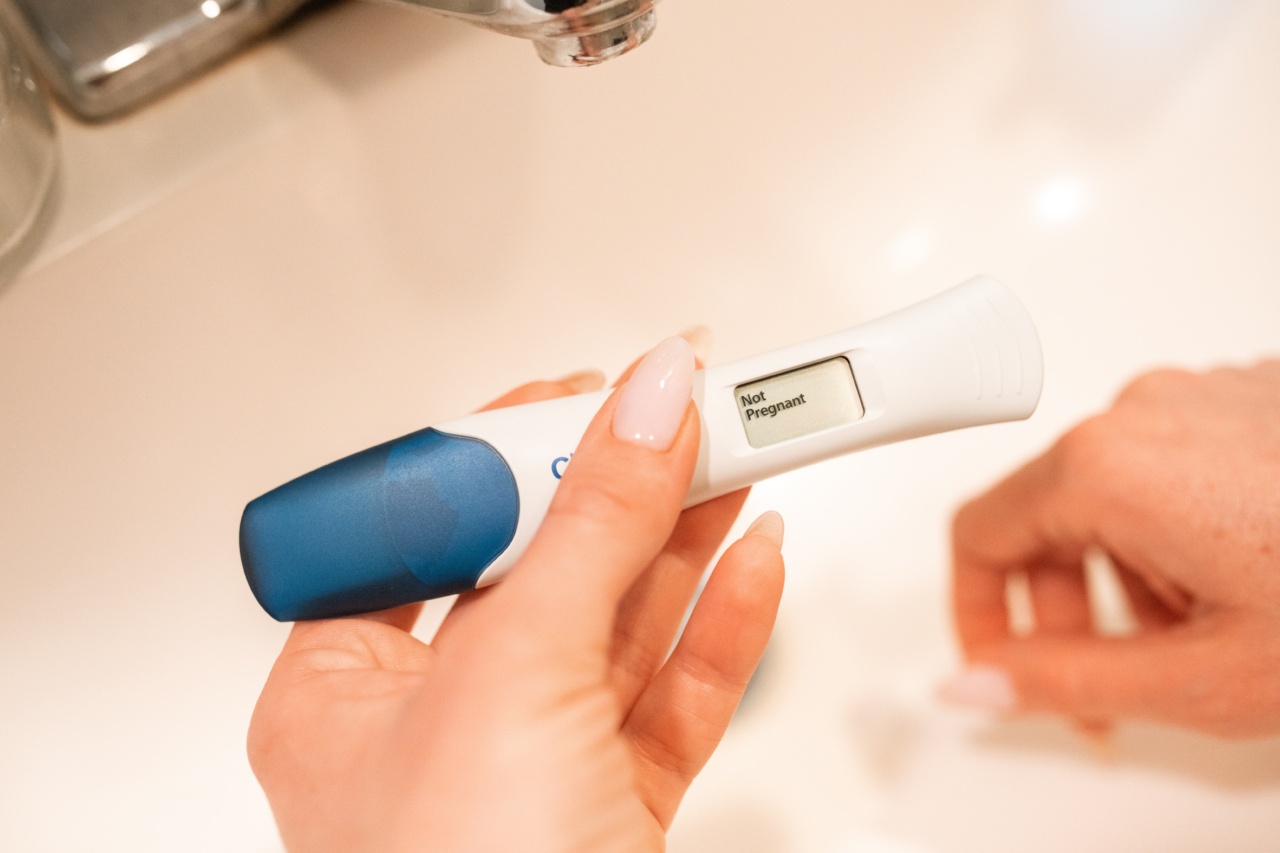It is well-known that proper nutrition is crucial for maintaining good physical health.
But did you know that nutrition also plays a significant role in mental health? One nutrient that is particularly important for mental health is folic acid, also known as folate.
What is Folic Acid?
Folic acid is a B-vitamin that is necessary for many bodily functions, including the production of DNA and red blood cells. It is found naturally in many foods, including leafy green vegetables, citrus fruits, beans, and fortified cereals and breads.
Why is Folic Acid Important During Pregnancy?
Folic acid is especially important during pregnancy because it can help prevent certain birth defects of the brain and spine, such as spina bifida.
This is why doctors recommend that women who are planning to become pregnant or who are pregnant take a prenatal vitamin that contains folic acid.
The Link Between Folic Acid and Mental Health
In addition to its role in preventing birth defects, folic acid has also been linked to mental health.
Studies have shown that low levels of folic acid during pregnancy are associated with an increased risk of mental illness in children born to those mothers.
In one study, researchers found that children born to mothers with low folic acid levels during pregnancy were more likely to experience symptoms of depression and anxiety later in life.
Another study found that low folic acid levels during pregnancy were associated with an increased risk of autism spectrum disorder in children.
How Does Folic Acid Protect Against Mental Illness?
Researchers are still trying to understand exactly how folic acid protects against mental illness.
One theory is that folic acid plays a role in the development of the fetal brain, and that its absence can lead to structural changes in the brain that increase the risk of mental illness later in life.
Another theory is that folic acid may play a role in regulating neurotransmitters, which are chemicals in the brain that help to control mood and behavior.
Some studies have suggested that low levels of folic acid may lead to an imbalance of neurotransmitters, which can contribute to the development of mental illness.
How Much Folic Acid Do Pregnant Women Need?
The recommended amount of folic acid for pregnant women is 600 micrograms per day. Most prenatal vitamins contain this amount, but women should check the label to be sure.
Women who have had a child with a neural tube defect in the past, or who are taking certain medications, may need higher doses of folic acid.
Other Sources of Folic Acid
In addition to taking a prenatal vitamin, pregnant women can increase their intake of folic acid by eating a diet rich in folate-rich foods. Some of the best sources of folate include:.
- Leafy green vegetables (spinach, kale, collard greens)
- Citrus fruits (oranges, grapefruits)
- Beans (lentils, black beans, kidney beans)
- Fortified cereals and breads
- Avocado
- Asparagus
- Broccoli
- Brussels sprouts
The Bottom Line
Folic acid is a crucial nutrient for both physical and mental health, and is especially important for pregnant women.
Getting enough folic acid during pregnancy can help prevent birth defects and may also help to reduce the risk of mental illness in children born to those mothers. Women who are pregnant or planning to become pregnant should talk to their doctor about how much folic acid they need, and should make sure to eat a diet rich in folate-rich foods.






























